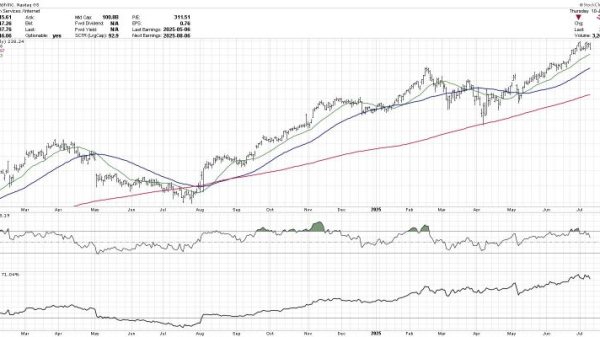In a move that may signal a significant shift in data privacy regulations, lawmakers are considering banning data brokers from selling individuals’ Social Security numbers. This proposed measure has sparked intense debate and has drawn attention to the practices of data brokers and the potential consequences of their activities.
Data brokers are companies that collect, analyze, and sell personal information from various sources, including public records, online activities, and purchases. They compile detailed profiles of individuals, which can include sensitive information such as Social Security numbers, addresses, phone numbers, and financial data. These profiles are often sold to other businesses for marketing or risk assessment purposes.
While data brokers argue that their activities are legal and provide valuable services to businesses, privacy advocates and lawmakers have raised concerns about the risks posed by the widespread sale of personal information. In particular, the sale of Social Security numbers has been a point of contention, as this information is often used as a key identifier in financial transactions and can be used for identity theft and fraud.
Proponents of the ban argue that restricting the sale of Social Security numbers would help protect individuals from identity theft and other forms of fraud. By limiting the availability of this sensitive information, consumers would have greater control over their personal data and be less vulnerable to malicious actors seeking to exploit it for nefarious purposes.
Opponents of the ban, however, raise concerns about the potential impact on businesses that rely on data brokers for their operations. They argue that restricting the sale of Social Security numbers could limit access to valuable information that is used for legitimate purposes, such as verifying identities or preventing fraud.
Ultimately, the decision to ban data brokers from selling Social Security numbers will require a careful balance between privacy protection and business interests. Lawmakers will need to consider the potential benefits and drawbacks of such a measure and work to find a solution that safeguards individuals’ personal data while allowing businesses to operate effectively.
In light of the growing concerns around data privacy and the increasing reliance on personal information for business purposes, the debate over the sale of Social Security numbers by data brokers is likely to continue. It remains to be seen how policymakers will address these issues and whether they will take concrete steps to protect individuals’ privacy in the digital age.


































